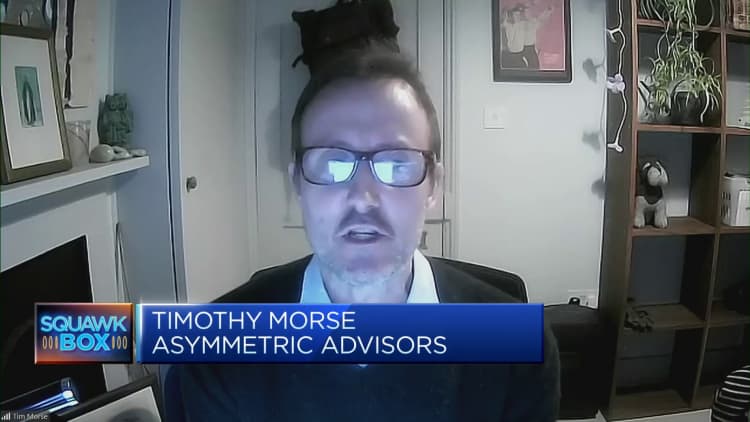The Bank of Japan must be ready to work further towards improving market functions if needed, a central bank policymaker was quoted as saying at a March meeting, underscoring the bank's concern over the rising cost of its bond yield control policy.
At the March meeting, the BOJ maintained its ultra-loose policy, including a controversial 0.5% cap for the 10-year bond yield that had come under attack from markets betting on a near-term interest rate hike.
Many BOJ board members at the March meeting said the central bank must maintain its massive stimulus to support the economy and ensure Japan would sustainably achieve the central bank's 2% inflation target, the summary of opinions at the meeting showed on Monday.
But some members voiced concern over lingering distortions in the yield curve, which the BOJ sought to contain in December by raising the 10-year bond yield cap to 0.5% from 0.25%.
"Although the widening of issuance spreads on corporate bonds has paused, the effects of deterioration in the functioning of the Japanese government bond market remain and warrant close monitoring," according to one opinion.

While steps taken since December have been effective to a certain extent, market functions have not been fixed fundamentally, according to another.
"It's necessary to ensure the transmission of the effects of monetary easing is sustainable and effective by, if necessary, working to improve market functioning, including that of the corporate bond and swap markets," the official who made the second opinion added.

